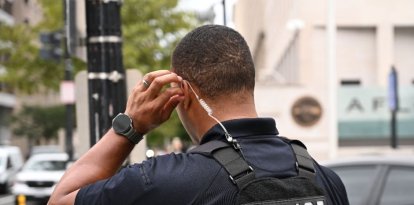Covid: Biden administration extends COVID-19 public health emergency for 12th time
The COVID-19 public health emergency gives 15 million people access to Medicare.

(Bicanscki / Pixnio)
The COVID-19 public health emergency will remain in effect until at least mid-January. The news, which the Biden administration confirmed Friday to CNBC, comes after the federal government failed to notify states and healthcare providers of its intention to lift the public health emergency they imposed in January 2020 and have been renewing every 90 days since then.
This is the 12th time this public health emergency has been extended due to the COVID-19 pandemic and it may not be the last. Xavier Becerra, Secretary of the Department of Health and Human Services, promised to notify all stakeholders 60 days before lifting the public health emergency. This way, they will be able to give those affected a margin of time to prepare before going back to normal. In October, the department extended the public health emergency until January 11. Since they did not state on Friday informing that they were repealing the public health emergency, it will remain in effect for at least another 60 days, that is, until mid-January.
New variants could trigger a new winter wave
The decision could be due to fear of an increase in cases throughout the winter. This is due in large part to the constant emergence of new and increasingly contagious variants, as Beckers Hospital reported in a press release stating that an increase in cases was possible:
In addition, by repealing the public health emergency, approximately 15 million people would lose access to Medicare. This, along with Medicaid and the Children's Health Insurance Program, is part of the healthcare system that improved dramatically during the pandemic. CNBC reported that during the pandemic there was a 26% increase in citizens in these programs. In June 2022, 89 million people were enrolled in these programs, setting an all-time high.

























